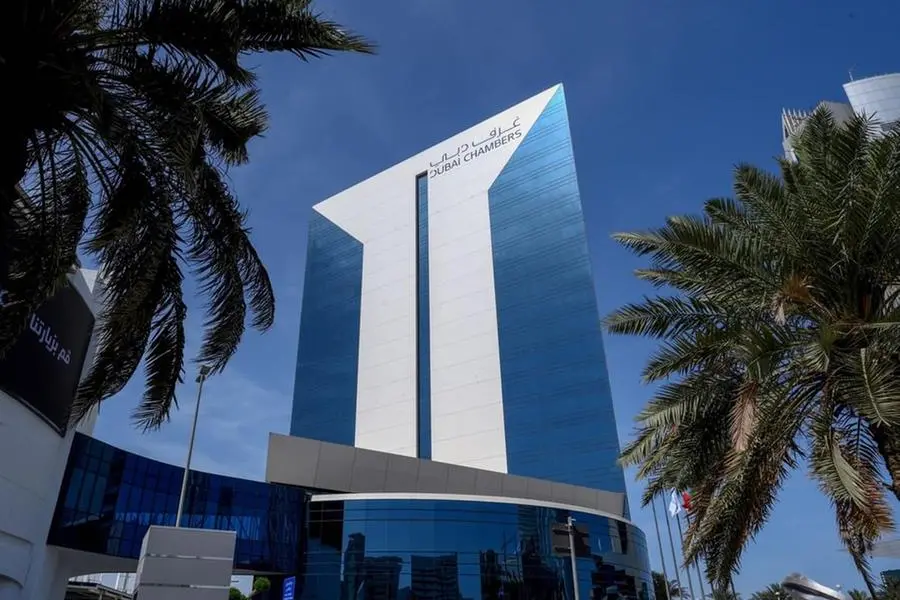The positive impact that AI technology will have on the economy, in a broad and general perspective, are undoubtable. As technology has transitioned from ever more advanced data management and big data analysis within closed clusters of data, which allowed a more structured and extremely fast use of data to deploy in a number of application mainly revolving around repetitive tasks leading to predetermined output, to pattern recognition and then the deployment, on an open set of data virtually covering the whole knowledge base of the world, of technologies that are able to create original output out of them, being able to interact and reason with humans on their same cognitive level, it become evident how truly disruptive such technologies will be within the near future.
We will be able to witness some of these major impacts even in the next five years.
The major consulting companies have built a consensus on the potential of AI technologies to increase the world economical output, with Accenture forecasting a doubling of the GDP of the top 12 world leading economies by 2035, and PWC calculating a possible 14% increase in the global GDP by 2030.
Such forecasts are difficult to dispute. To use a widely abused phrase, AI “is here to stay” and will have a huge impact, an impact that could border with a new era in human history. And, trust me, I am not overreacting.
That is indeed exciting, but (forgive my embedded risk management mindset) If we agree with such view regarding the impact of AI, we all have an obligation to understand and possibly govern the phenomenon to take full advantage of its potentiality while understanding the risks it generates and try to minimize their impact.
We should, first of all, not lie to ourselves: while the enhancements AI will produce on our productive ecosystem and the positive consequences in absolute terms on the quantity of economic growth are undoubtable, the impact on the labour market might be massive.
Entire categories of human activities and connected jobs might be virtually wiped out by AI. I have recently made reference to the impact it will have on the financial industry, with financial advisory, analysis, investment management services likely to be largely taken over by AI applications like ChatGPT, but the impact of AI will span throughout the entire economy, being it related to services, industry, education, transports etc.
There is one aspect that in my opinion needs to be taken into consideration: AI will massively impact on labour-intensive jobs, and the new opportunities and jobs it will create are only a fraction of these and will require a level of specialization accessible by a small part of the population. Considering that, as said, AI is unravelling at record pace, immediate action is required by all governments to adequately manage the transition.
Two major risks of the wide adoption of AI technology are linked to the stability and reliability of the technology and to its integrity.
As for the first issue, an increasing amount of critical processes will be handled directly by AI systems, the dependability will increase to systemic level and any disruption of the functionality of the technology, even a minor one, has the potential to seriously impact of the economy, on its continuity and resilience, not to mention possible threats to the safety of individuals and entire human communities.
The second aspect is linked to how such technologies are created and to the risk that biases might be built in the flow of information to manipulate the output and even the “behaviour” of the technology.
More, the above risks need also to be contextualized in a world in which the capacity to create and embed such technology is nowhere equal. Such context do not only clearly show that AI has to potential to increase the disparity between the leading economies and the rest of the world, but highlights the risk that, even within leading economies, companies might be rushing into the adoption of AI technology in the race to be at the forefront of their competitors and thus exacerbating the likelihood of serious adverse impacts. The topics of governance, audit, controls are paramount here and, on my opinion, not fully investigated.
There is another aspect I have been reflecting about, a more “philosophical” one if you like, which again relates to how dependent humans will become from such a powerful technology, but not strictly from an economic output standpoint, rather related to the very capacity of humans to continue creating contents and applications on their own, which could create a cascade of consequences and even limit the capacity of AI (at least at the current and foreseeable level of development). But that is a topic for another article.
——
Disclaimer: The content of the above information is sourced (or provided), in entirety or in parts from an external source and the content may or may not be edited. The Wealth Today shall not be held liable for damages arising out of any action taken with respect to the use or consumption of information or service published above or anywhere else on the website. This website does not guarantee the accuracy, views, opinions, or any promises expressed in the above news.
If you find any errors or discrepancies in the above information, you can write to us at editor@thewealth.today.
——






